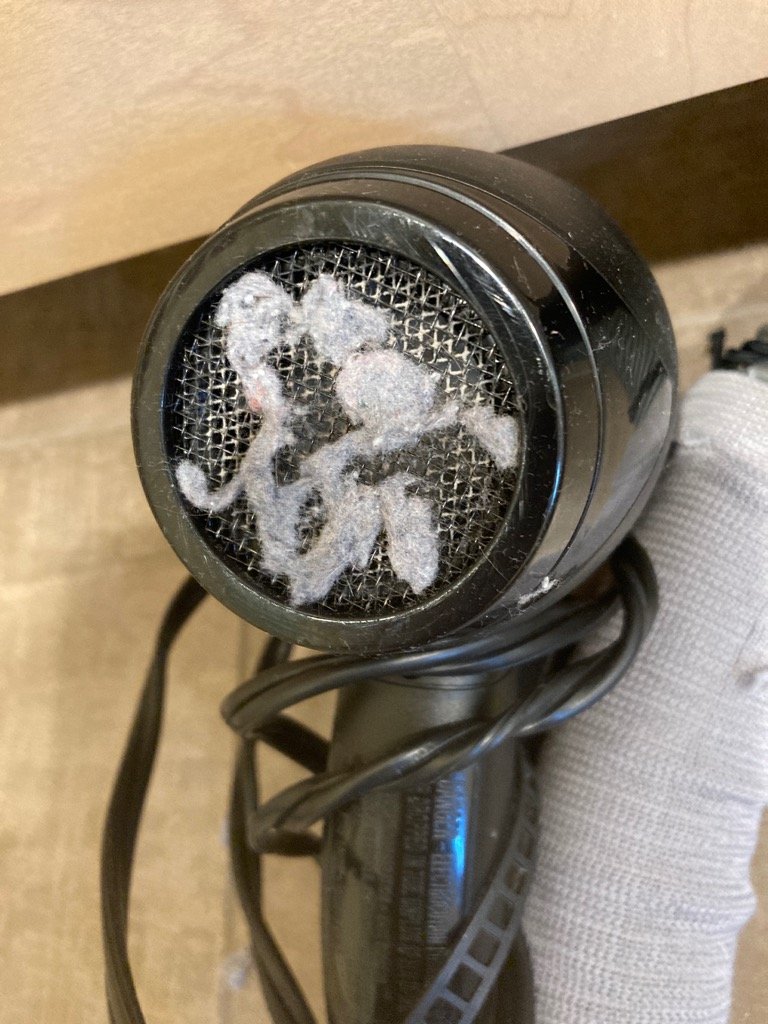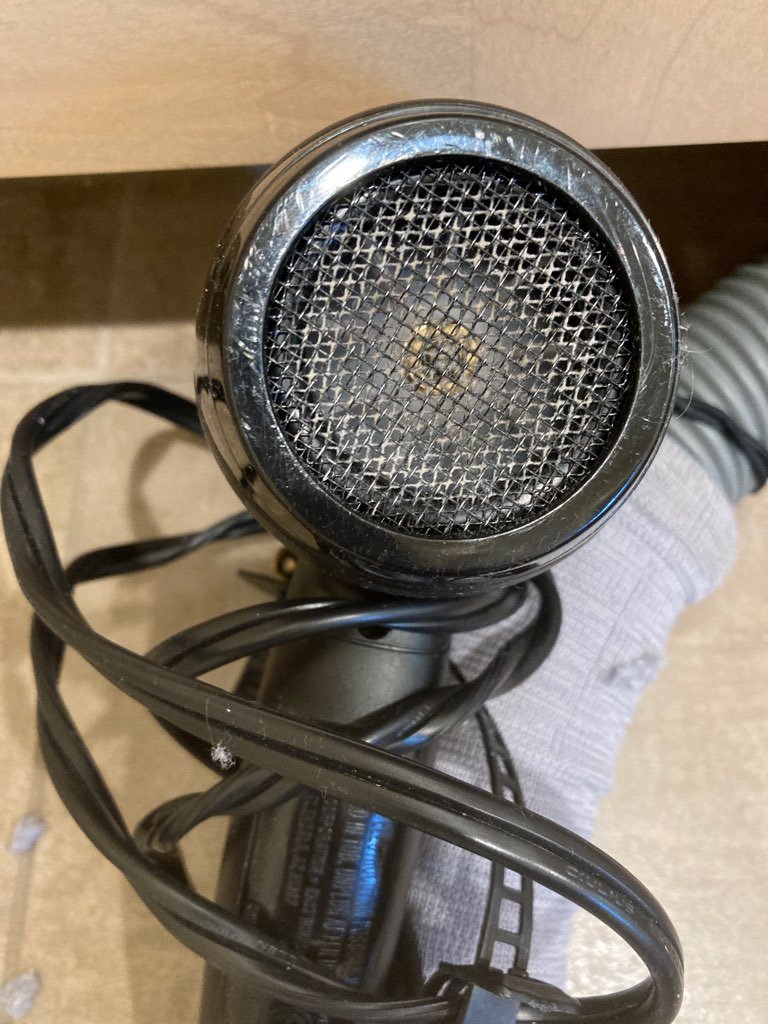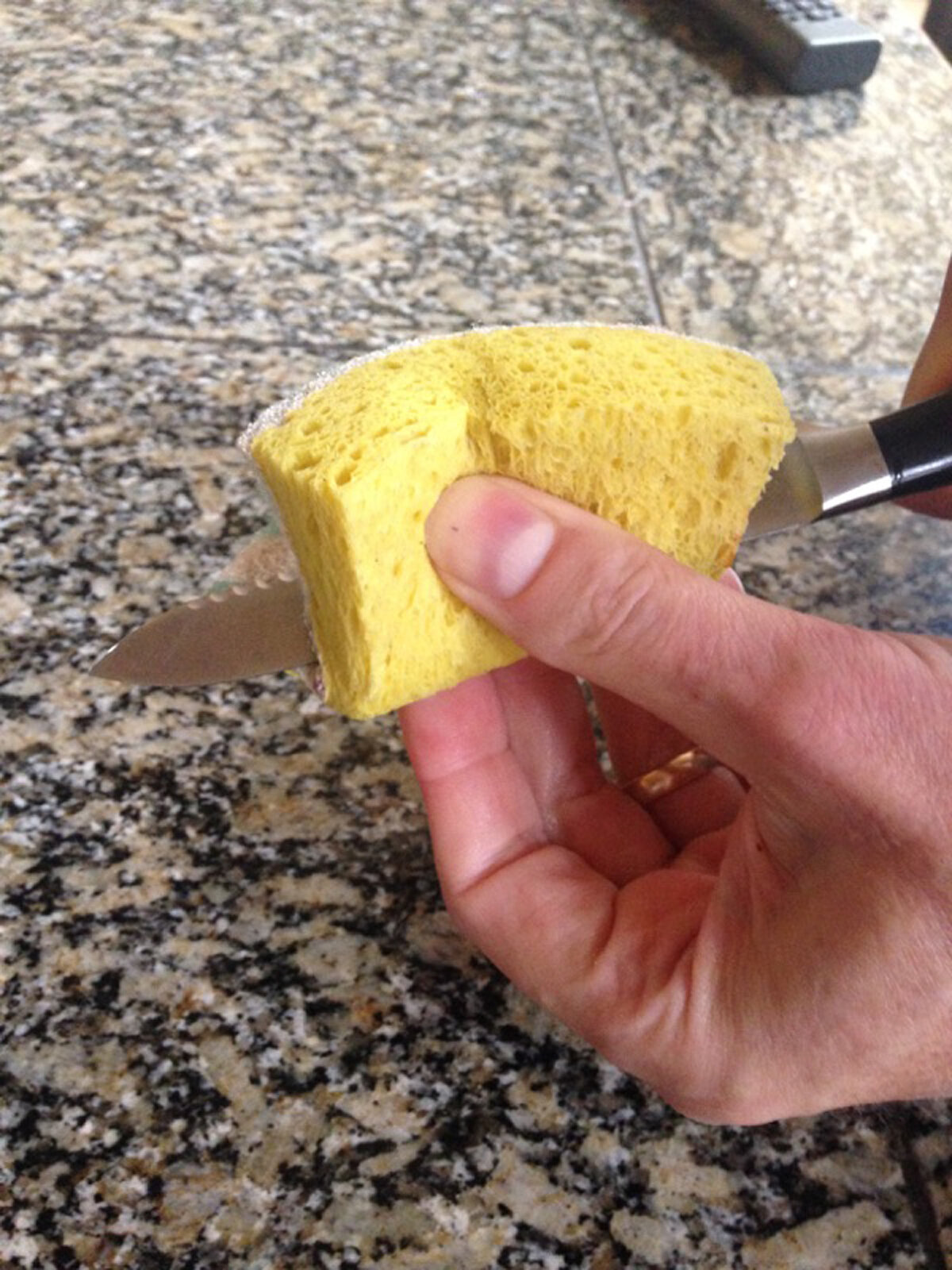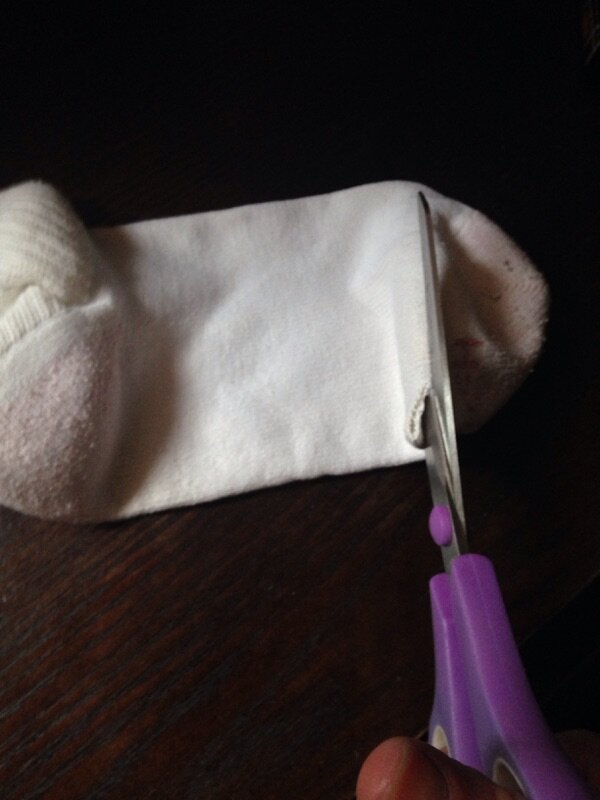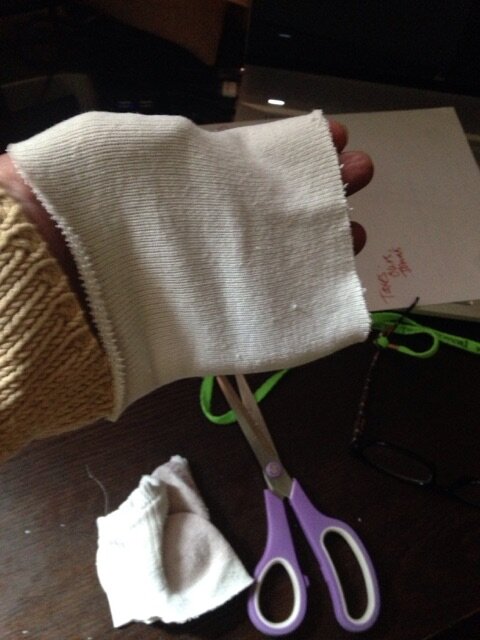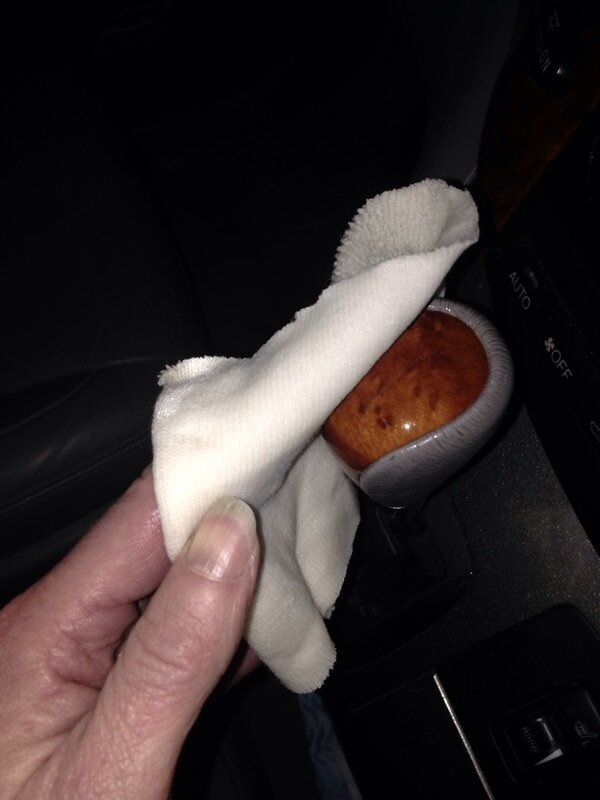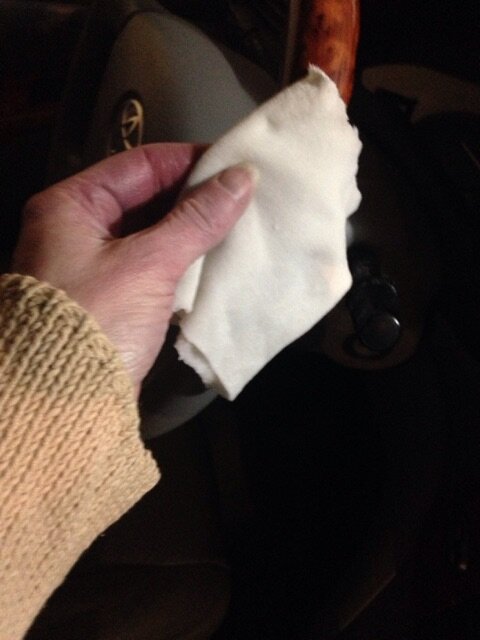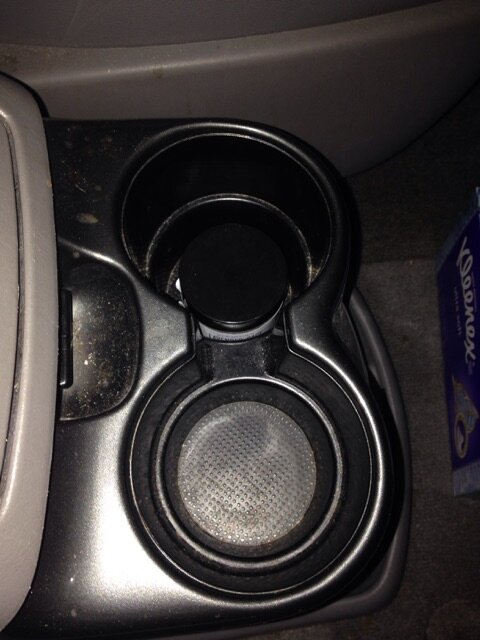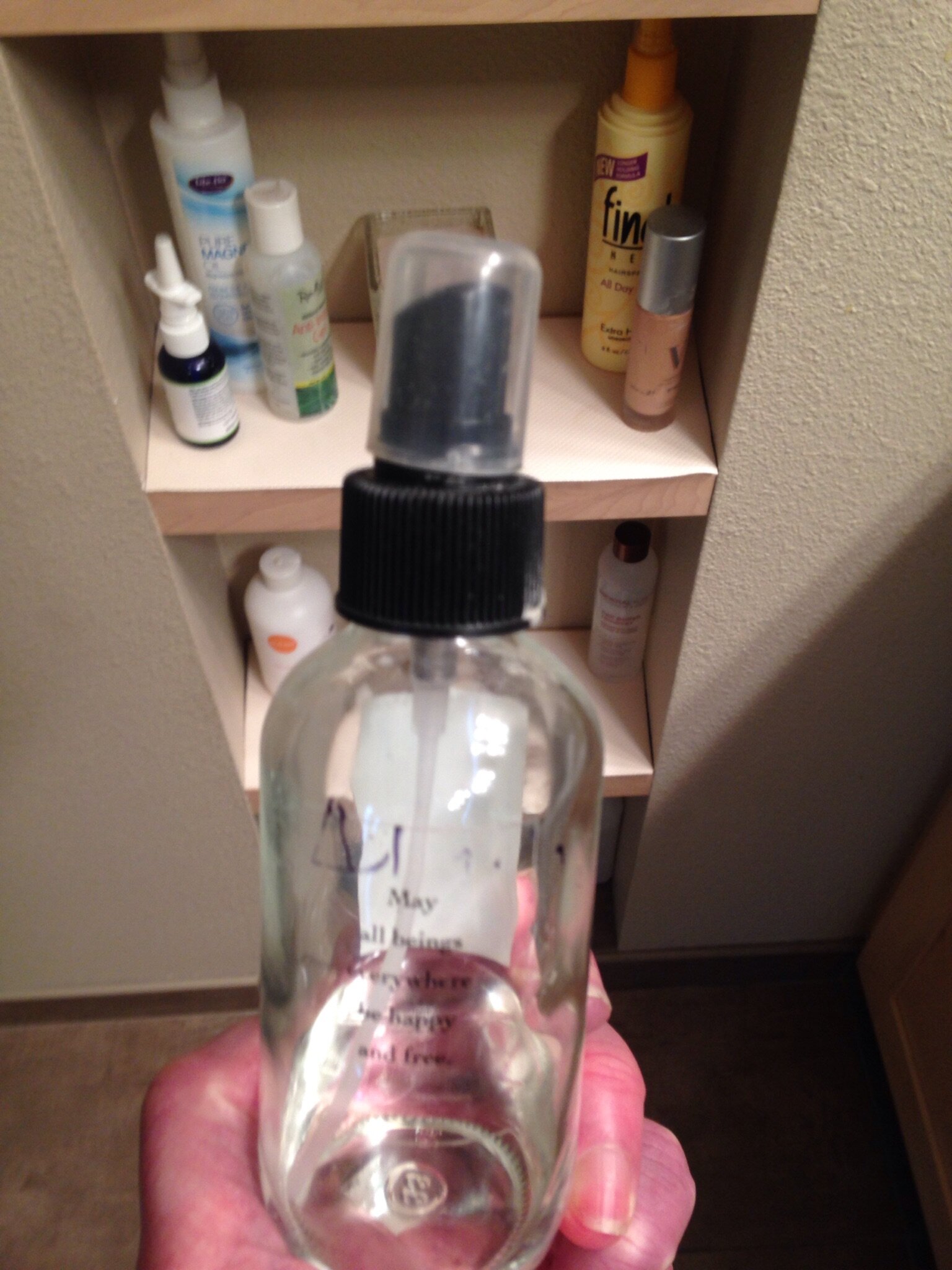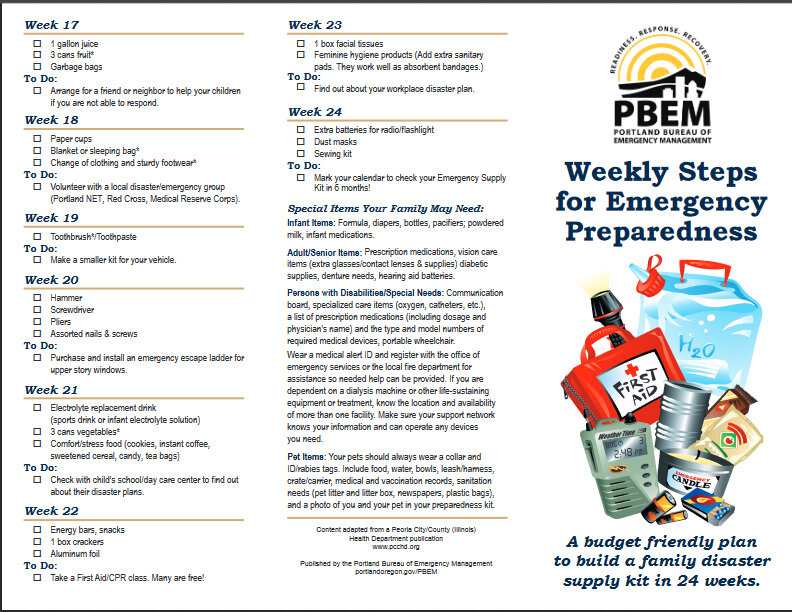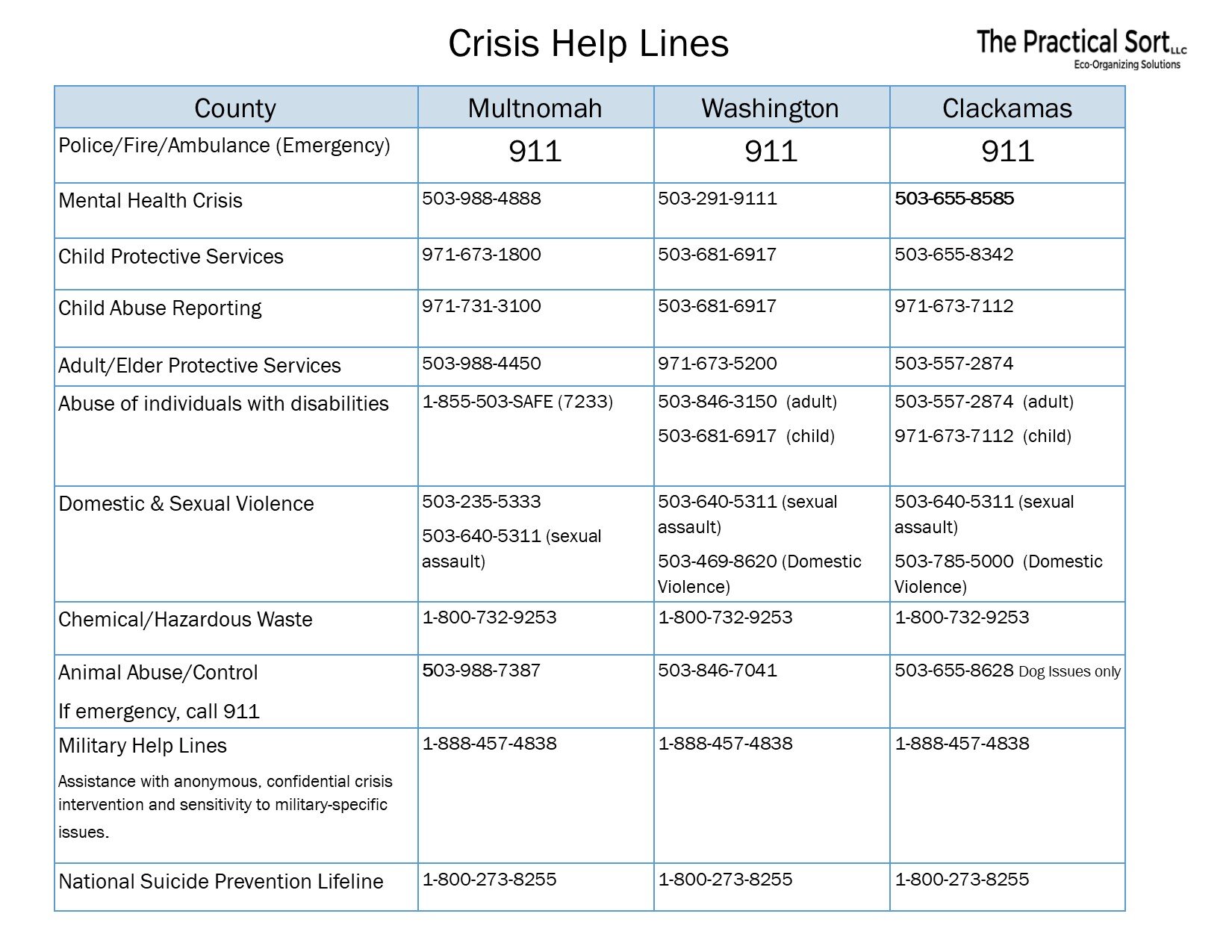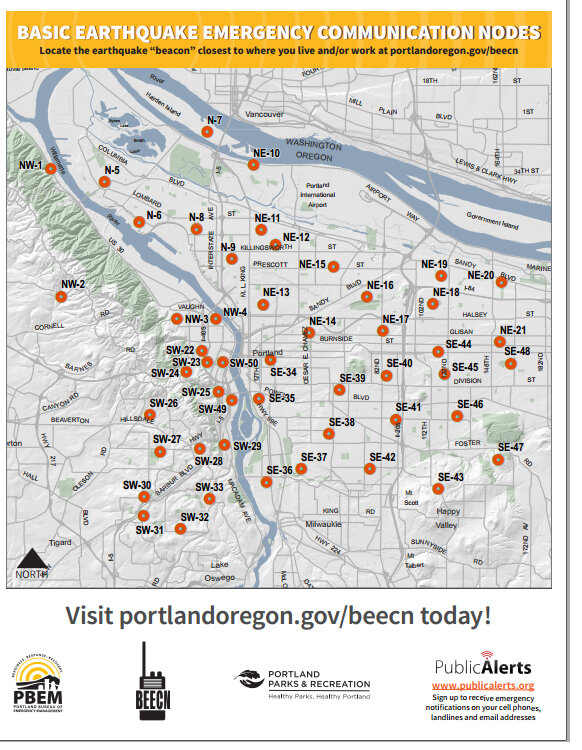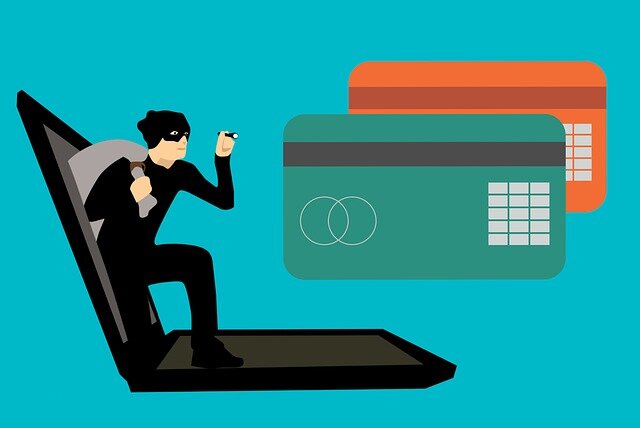Keep yourself and your assets safe. Image by Alexa from Pixabay
The Schemes Increase, The Plots Thicken, Your Stuff is Jeopardized
Bummer that during a joyous time of year we need to be extra alert to known and unanticipated forms of scamming. Sorry to be a downer, but it’s distressing on many levels to unravel damage once it’s done. Nuisances, and worse, legal and financial disasters, eat up precious time, elevate our stress levels, potentially empty our bank accounts, and take away from your organizing time :). I thought I’d throw in that last bit as a poor attempt at softening the theme. In any case, buyer and consumer beware. I have to give some credit to the originality and lengths that some evil-doers go.
Recently, my son told me about a new scam which he found rather humorous. Full disclosure, I haven’t been able to verify. According to a social media source, women are seeking surrogates to spawn “fake” offspring. Lured men are required to take a DNA test to ensure personal qualifications are met. Reportedly scads of men have applied, and with each sample submitted to the DNA testing company, the women receive a referral fee. Brilliant for them. Sorry guys, you’re forewarned, your sample is going nowhere beyond the test tube. More personal identify info, is out there. Whether true or not, there are many cases of fraud related to paternity tests, gestational carriers, genetic testing schemes. Are you thinking what next?
We’ve all heard about scammers targeting seniors with tales of woe by alleged grandchildren who’ve been in accidents, jailed, or something that will get granny to hand over copious amounts of her dwindling assets. There are the countless viral online schemes in which seemingly trusted companies using spoofed email addresses, (some lazy criminals don’t bother to create plausible addresses, doh), get you to click on their links which infect your devices with malware. Not the vendor you thought it was.
A few days ago, I learned about 3 new schemes to note.
1. Executive Impersonation. This is truly clever because it appears to require preliminary homework. Not so lazy criminals in this case. An impersonating executive or perhaps higher level fictitious employee such as the CEO will direct company finance or accounting employees to transfer funds to an “attacker-controlled” account. Wow. That’s creative.
2. Fake Invoices. By now you may have received notices from “vendors”, the “IRS”, “credit card companies”, et. al. requiring soon due or past-due invoices to be remitted to fraudulent bank accounts. Some threaten legal action if not paid asap. I used quotes because obviously these are not genuine. I get these frequently. And no, I’ve never order fishing nets, tar, or other bizarre products. And, I’m fairly well aware of the vendors I’ve ordered from personally and professionally. That being said, when you’re tired, overwhelmed, overwrought, getting fooled happens. One false click, and boom.
3. Illegal Property Transfers. There’s been an uptick in properties getting sold and real estate titles transferred without the owner’s knowledge. This one has puzzled me from the day I first heard about it as the selling process involves various legal documents and procedures. But apparently home title fraud or house stealing happens.
“When they register the sale at the county recorder’s office, they’ll either use fraudulent identification, a counterfeit notary signature, or even work with an unethical registered notary to pull off the scam.” “After taking ownership of the property, they’re free to do whatever they want — even sell it to a legitimate buyer. Some thieves will transfer the deed to a fictitious name or shell company before changing it to their actual name. This makes it seem like they were a legitimate buyer after the initial crime took place.” *
To counteract this type of fraud, it’s recommended that you occasionally check your deed status. I never thought to do that. And to set up notifications at the registry, if that option is available.
4. Property Transaction Schemes. While your property purchase or sale may appear entirely legit, in this scenario scammers impersonate professionals involved in property transactions such as a real estate agent, title agent, closing attorney, etc., and use unlawful payment details. Your money goes in their pockets.
I’ll admit, it’s hard to keep up. The best advice I can suggest is:
1. Keep on top of your accounts and holdings. If you notice anything suspicious take action. We have alerts set up on our accounts. My husband likely thinks I’m being overly nosy, but if I’m alerted to any transactions that are out of character, I ask him to verify. Occasionally, he gets annoyed, but then thanks me for being judicious about our assets. Better safe than regretting.
2. Be alert. Before clicking on any links, purchase orders, monetary transfers, suspicious emails, proceed with caution. Look for red flags, erroneous addresses, poor grammar and misspellings, etc. Those could tip you off.
3. Respect the hairs on the back of your neck. Over the years, with increasing frequency, there have been numerous personal and professional situations that didn’t feel right. Hairs crawling on the back of my neck or sinking pit in my stomach. Something was off. Turns out, my intuition was correct in those circumstances. If you’re off base, oh well, no harm, no foul. If you’re correct, you’re likely saving yourself excessive hassles.
Have a safe, stress-less, en garde holiday season.
*https://www.aura.com/learn/deed-fraud
I realize this is not an organizing tip; however, hazards can really mess with our ability to stay organized. Like your clothes dryer, it’s important to keep your blowdryer lint screen clean. According to the National Fire Association, “2,900 clothes dryer fires reported each year causing an estimated 5 deaths, 100 injuries, and $35 million in property loss. The most common causes of home clothes dryer fires is the failure to clean lint screens”. 1 Blocked blowdryer lint screens can cause the blowdryer to overheat. The next time you vacuum your bathroom or bedroom or wherever you stow your blow dryer, gently vacuum the lint screen.
It’ll literally take ½ a second to suck away built up lint. Removing any blockages should also increase this appliance’s efficiency which means you get to move onto your next thing faster. If you notice a smoky smell when blow drying your hair, either water from your hair has dripped into the blowdryer or the lint screen is caked. If you don’t have a vacuum, you can rub your fingers over the screen to loosen up lint. A vacuum does a more thorough, quick job without fuzzing up your hands.
In fact, if you have attachments, occasionally clean those too. Check with your manufacturer’s cleaning instructions for proper appliance care.
Now grab your e-calendar and schedule a monthly blowdryer blowout or each time you vacuum your bathroom include cleaning the blowdryer.
Clean your knife safely by wiping from the dull side
A posthumous shout out to my late uncle for sharing this vital safety tip with me when I was likely 5 or 6 years old. My uncle was in the kitchen, he called me over to explain how to safely clean and dry a knife. I rarely saw my uncle in his kitchen, and this was a rather unusual lesson, but I have to say it’s value has carried through my entire life.
Hand dry your knife also from the dull side as you gently wipe
When handwashing or drying a knife, wrap your sponge, rag, or towel around the dull edge of the knife away from the blade or serrated side. Gently wipe applying just enough pressure to release hard to remove grit. Soaking the blade for a few minutes (per manufacturer’s instructions) can help to loosen soil. With less scrubbing, the less risk to your fingers.
This tip may seem so obvious, yet I often see folks scrubbing from the blade side. With one little slip or a little too much pressure, the blade can cut through a sponge or cloth and injure your skin or worse. I’ve caught myself doing it incorrectly when rushed or in moments of brain fog.
Most knife manufacturers do not recommend washing knives in the dishwasher, so if you wish to keep your knives sharp and in good condition, handwashing is the way to go (I do cheat sometimes with my everyday knives, don’t tell anyone). And to keep your digits safe, use my uncle’s cautionary advice.
Know Before You Stow
Holiday season is around the corner. It’s an exciting time. On the flip side, holiday shopping invites nefarious activities. Here’s something to consider. Where do you store your auto insurance and registration cards? In the glove box as recommended by the DMV and your insurance company? Here’s my take…don’t do it.
Glove compartments are not safe storage for your important documents
Glove compartments are not safe storage for your important documents
Few pertinent tips remain in the deep recesses of my brain from my Criminal Justice courses years ago. Here’s one that stuck. NEVER store your auto registration and insurance in your glove box. As in, NEVER. Until college I did as authorities instructed and followed my dad’s example, using the glove box. That way, when I drove they were automatically with me. Yet once I learned about basic safety do’s and don’ts, I ended that practice immediately.
Why?
Think about the information that’s on those documents. Your name, address, and perhaps your account number. If you live alone, this is an especially worthwhile tip to heed. If your car is broken into say in a parking garage, that’s a clue that you’re not home. Now a perp has your home address and chances are no one is there.
I recently spoke to a representative from Oregon DMV, and this subject came up. It was a lightbulb moment for him. He acknowledged that he and his wife travel frequently with these vital docs stowed in their glove compartment as their car sits unattended in the long term airport parking lot and a vacant home. He planned to remove the docs after our call.
Yes, a purse or wallet can be snatched, and we need to take precautions to prevent that too. Until I think of another way, I shall keep mine with me. According to news reports over the past several years, car thefts in Portland, OR have reached “epidemic levels.” 1 In 2019, Portland metro area ranked 21 for car thefts out of 383 US cities with populations over 50,000 calculated by the National Insurance Crime Bureau. 2 Those statistics are for car thefts, car break-ins get little attention in terms of statistics and likely much higher. It's not worth the risk.
If you use multiple purses or wallets, here’s a tip I use, make copies. I even shrink the sizes a bit. They’re small yet still readable.
Make enough copies of your insurance and registration for each wallet, purse, or computer bags you might grab.
If you share cars, include in your copy count spouse, driving age children, etc.
Create a Word doc. When I receive the new insurance cards or registration, I scan the card, then paste it in a word doc template I’ve created.
Copy and paste the insurance card a few times to match as many as needed.
Duplicate the page. Scan, copy and paste your spouse or partner’s insurance and registration cards on the second page on top of your card or delete the scan of your card on page 2.
Line up page 1 and 2 to print with your cards on one side and your partner’s on the reverse.
Save your template so each time you receive a renewal, you can knock out this process quickly.
No matter whose car you drive, you’re prepared and so will your other family members.
1 kptv.com/news/ppb-officers-car-thefts-in-portland-reaching-epidemic-levels/article_16e36044-498c-11e9-8768-477ce2ab9b29.html
2 insurance.com/auto-insurance/claims/top-cities-ranked-for-car-thefts.html
Safety Planning: Wildfire Season Goes Wild
Normally, my practical tips are published every Monday. However, in light of current circumstances some of you may not be able to wait until Monday for this critical guidance. And, I may not be available by Monday to get the word out.
Holy heck, the universe is throwing so much at us in 2020 that it’s hard to keep up with all the precautions, emotional band aids, and focused decision-making.
Wildfire safety measures Image from wildfire.oregon.gov and Oregon State Fire Marshall
I surely don’t have all the answers. In fact, I have very few which is why I’m relying on the expertise of others for guidance. As I type this tip, my house is eerily dark and orange despite nearing 9:00 am. Fires are burning in every direction outside of Portland, Oregon city limits.
The best we can do at this point is to stay informed. Know where the fires are. I’ve begun to box up photo albums and placed the boxes near my garage door. A suitcase with multi-seasonal clothes and shoes is packed with some snacks to toss in the car along with jugs of water. I also threw our rain jackets and winter coats onto the pile. Next I plan to fetch our critical documents such as passports, wills, credit cards, house deed, car title, and insurance info. along with a backup external drive for my computer hard drive. Don’t forget prescription medications, electronics, personal hygiene products, some toys, school backpacks, and pet supplies.
Masks are serving double duty to keep our lungs and those we encounter safe. The particulate is thick outside. If you do need to go out, your mask will hopefully provide some extra breathing protection.
Authorities are asking that we stay off the roads if at all possible giving precedence to emergency vehicles and those who have to flee.
What to pack? Here is a list of recommended essentials along with last minute preparation before leaving courtesy of the University of Nevada, Reno Extension.
Wildfire Evacuation Safety Checklist University of Nevada, Reno Extension
If you have to leave, it is advisable to shut off all utilities to prevent fires, explosions, floods, or contamination in your water. Here is a handy, easy to read document for shutting off valves and where to locate them.
If you shut off your gas, you will need to have a professional turn it back on to prevent disaster.
If you shut off your electricity at the panel, be sure to flip all the individual circuits prior to the main circuit.
I printed a copy of the instructions and placed it near my electric panel for future reference. In the mean time, it’s recommended that you familiarize yourself with the locations and procedures so that you don’t have to learn how while attempting to flee. Note, there appears to be some disagreement as to whether you should shut off your water system. Having open, usable valves at your home could be useful for fighting fires or wetting perimeters. The same with electricity, some sites recommend leaving outside lights on. You will need to use your best judgment.
Last night my husband and I began discussing escape routes. Considering that nearly some highways leading outside of Portland are no-travel zones, this raises some concern.
Multnomah County's Six P's to easily remember vital items to pack for immediate evacuation
Here is a resource that provides crucial information for Oregon residents including emergency shelters, road closures, emergency housing damage funding relief. You can also sign up for alerts to stay up to date with the latest information. Multnomah County offers this easy to follow pdf with step by step instructions for evacuation prep and fleeing. Their list of 6 P’s will help you remember the crucial items to pack.
Resources for you to check out:
multco.us/file/91828/download
publicalerts.org/signup
wildfire.oregon.gov
ready.gov/safety-skills
livingwithfire.com/wp-content/uploads/2018/10/Evacuation-Checklist-2020-one-page.pdf
I have to tell you that it is really freaky to walk around your home making decisions about what to pack vs leave behind. Knowing that I have the opportunity to do this at my own pace rather than while fleeing is at least somewhat comforting. Fingers crossed that this is a wasted exercise.
Please stay safe and healthy.
These little critters can sneak in through the slimmest openings
My bandana mask is washable, rewearable, and will hopefully do the job as a last resort
Creatively Protect Your Health & Safety While Binge Cleaning & in Public
My little organizing heart is singing with all the notes and posts about using sheltering in place to tackle home organizing, purging and deep cleaning projects. Before the mandates, I was working on a hoarding clear out project, fully decked out in gloves and a reused mask to protect myself from potential Hantavirus (lots of mouse poop) and extreme dust and dirt inhalation.
After about 4 days on the job, and rewashing my protective mask (as we all know that masks are worth more than the price of gold at the moment), my mask had seen better days and was virtually shredded. By that point, the job was halted until we are allowed to go back to work. As masks are likely to still be unavailable, I will need to make do. Either I will try to make one myself (not likely as I am not that crafty) or I will attempt to fashion a face covering from old bandanas or scarves to protect my nose and mouth. I probably should wear glasses/goggles throughout the job too to keep my eyes safe. I typically only had my readers on while determining which papers required keeping vs. tossing.
We rarely think about our own homes not being safe, but we learned our garage had mouse droppings when my husband rebuilt our garage shelving. Mice get around. Use caution. Time to get creative.
A scarf or bandana could work for your grocery store trips to keep you and others germ-free(ish). Now that health authorities have flipped their position once again advising everyone, not just health workers to use mask precautions. Here’s a Youtube.com video for a sew-less quick mask creation using a bandana.
You might look like a bandit from an old western, but this is not about fashion statements as long as suspicions don’t lead to your arrest. And sorry to those concerned about the bandana I chose (it has societal implications), it is the only one I have aside from red which is equally problematic.
Impromptu Car Disinfecting
Running to the grocery store is an emotionally charged experience now. Will I get half the things I need? Will I have to dodge the masses or individual shoppers so that I stay 6 feet away on each aisle? How much food should I stock up on? Am I putting myself and my family at risk to grab in order to grab some essentials?
Yes, there are lots of considerations to make. Whatever I can do for extra peace of mind, I am doing.
Before the Co-Vid 19 sheltering mandates, I was immersed in a hoarding clear out project. As there was evidence of mouse droppings throughout, I took several safety precautions. One of which I decided to retain during this viral outbreak.
I cut an old sock to form a glove although it could just be a small rag. Make it small enough to fit into a glass jar that can rest in a cupholder. I filled the jar with about 1/8th cup of 91% Isopropyl Alcohol and store the rag in the jar. After each use, you should think about washing the rag and replacing it with a new rag.
Whenever I run to the grocery store, although I have been wearing gloves while shopping, when I return to the car I immediately do a quick wipe down of my hands with the rag and surfaces I may have touched. Then a quick swipe of my steering wheel, gear shift, door handles, and lock. I keep a plastic zip lock bag in the car for the gloves and immediately place the gloves in the bag. I dump the gloves directly into the washing machine after each use for resanitizing.
Using an atomizer containing the same strength alcohol, I spray down my keys.
I can’t be certain any of this helps except for my peace of mind.
Baby Step Emergency Prep
Here I go again talking about Emergency Prep. I don’t mean to be doom and gloom, rather organizers like to be prepared. It’s becoming a hot topic for me as I am working to coordinate my neighborhood preparedness for the predicted “Big One” and there are several other neighborhoods around town doing the same. So very wise. Whether it happens or not, like fire drills, it is beneficial to know what to do and have supplies on hand just in case.
All that’s just marvy, but where do you start and how? I recently found a shopping list broken down into budget friendly baby steps (LOVE IT!) on the Portland Bureau of Emergency Management website. Click here to begin shopping and storing goods based on your family’s needs.
Need help clearing out space to accommodate supplies? The Practical Sort can assist. Let’s talk. Schedule a chat here.
Let The Big Things Go: Save Your Life!
No this is not another emo tip, it’s not even an organizing tip. This is about big time safety. And as always, anything that impairs us, in turn affects our organizing abilities so…
Recently on a walk, I was startled out of my podcast reverie by a blaring horn. I looked up noticing a stopped garbage truck with all its lights flashing in the early dawn. The truck driver kindly allowed a senior citizen and his dog to cross the street. The car behind the truck must have thought the stop was to pick up trash although there were no cans or driveways nearby. The auto proceeded to rush past the truck. A pickup truck driver, parked about 1/2 a block away on my side of the street, must have seen the impending tragedy unfolding. He furiously sounded his horn to no avail, and somehow the rushing driver missed the gentleman by inches if that.
At that point I realized while the crosser was not at fault, it would have been much more prudent for him to allow the garbage truck to pass then proceed to cross. This happened a day after a dear friend had told me about a similar experience with a TriMet bus at night. The bus driver signaled for her to cross, but the car behind darted around barely missing her thank goodness. Yes, pedestrian is god in Oregon, but unless you have the powers of a god or goddess to survive a tango with an oncoming several ton vehicle, caution and an extra second or two might save your life. “The percentage of pedestrian fatalities in Portland is very high,” said PBOT spokesperson, Hannah Schafer in a KGW.com post. There were 50 traffic fatalities in Portland in 2019, the most since 1997 according to Willamette Week, and Oregon Injury Lawyer blog by Matthew D. Kaplan cites statistics reported by the Oregonian, “more than one-quarter of the pedestrians killed on Portland streets during the last five years were 65 years or older, according to city figures.” It notes that this represents “a dramatic increase from levels seen in recent years.”
As both of the incidents I spoke about involved seniors, the news outlet data hit close to home. Please take care, allow the big things to pass so that others might see you, your child, your pet more readily. When driving before darting around stopped bigger vehicles, please consider proceeding with caution.
Crisis Help Lines
Do you dig the merriment, joy and conviviality of the winter holiday season? I sure do. Sadly for others, it can be marked by loneliness, stress, overwhelm, edginess and feeling tapped out. Being in a profession where we go deep into clients’ personal spaces, it’s not unusual to encounter circumstances in which the welfare of someone in the household could be in jeopardy. Recognizing the need for intervention for humans or animals can happen anytime for any of us in a personal or professional capacity.
Therefore, I have put together a matrix of tri-county Crisis Help Lines to keep handy. If you ever misplace it, you can find it on my website.
I hope you never need it, but if you do, you will have the resources at your fingertips.
Image by Angelo Giordano from Pixabay
If the big ONE arrives during our lifetime are you prepared? If you’re like me, we can probably do a much better job at emergency prep. In fact, I will be writing a blog and co-hosting workshops dealing with getting organized for emergency preparedness in 2020 in greater depth. Both will feature a special co-host whose company specifically deals with getting us outfitted with comprehensive emergency gear and supplies. Details to follow.
What the heck is the Beacon? Well technically it’s BEECN (short for Basic Earthquake Emergency Communication Node). Think of it as the harbor light that we hope we will never need. In this case, in the event of an earthquake, it will be a center for communication if phone service is non-operational and emergency assistance is necessary such as injury, damage, fire, etc.
The Portland Bureau of Emergency Management (PBEM) has set up BEECN sites throughout the city. Take a look at the map to find the closest to your home, your business, your children’s schools, and perhaps major routes you often drive or commute.
PBEM offers free 90-minute BEECN training programs to groups of eight or more people at locations convenient to you.
Contact PBEM at beecn@portlandoregon.gov.
A special thank you to Marilyn Bishop of Cascadia Quake Kits for enlightening me about BEECN.
Image by Mohamed Hassan from Pixabay
I’m a cautious person by nature, almost the point of paranoia when it comes to solicitations. This week I received 2 emails from my supposed website domain to let me know that my renewal failed. The page to click on resembled my website host’s logo and layout design. However, my immediate response is to look at the email address of the sender. In both these cases, the senders’ addresses had nothing to do with my website host. Clue #1. Second clue, the renewal isn’t due yet.
Regardless, for all billing notifications and payments, I log on directly through the legitimate web address and proceed from there. In this case, obviously they were looking to fraudulently obtain my credit card information hoping that I will fall for renewal failure due to my credit card being declined. Well of course it was declined, I never get it to them.
Be alert to avoid falling for spoofs although perps are becoming more savvy and attempts more frequent.
Something Fishy
Smell rotten eggs in your home? Well, yes that sulfur odor could mean that some eggs have indeed gone bad. However, there may be a gas leak or escaping sewer gas.
Because natural gas is odorless and colorless, utility companies add mercaptan to give gas a distinctive sulfur odor alerting you to possible trouble. If you smell it, leave your home immediately and call your gas company from outside your home. Do not use any electrical switches, phones or matches inside your home.
You probably knew that.
But what if you smell rotten fish? If you haven’t cooked any fish in the last few days, if your home is relatively clean including trash cans, and if your garbage disposal and drains don’t wreak, then the smell could be more ominous.
Thanks to my college age son for enlightening me and potentially saving our home. A few days ago, I smelled a fishy odor in our recently remodeled master bathroom. I checked the drains, toilet, and garbage bin, but could not locate the source of the smell. I asked my son to take a whiff. He confirmed it. Then he asked, “you know what fish smell means right?” Of course, I replied with a snarky “dead fish?” Ignoring my snark, he explained that a fish smell could indicate an electrical issue.
Image by Colin Behrens from Pixabay
What the? I have never heard that before. Out comes his phone, and he showed me the evidence. He advised me to turn off the light and not use my blow dryer. Good call sonny boy.
My contractor had the good grace not to accuse my brain of having a loose wire when I explained about the odor. He had no knowledge of such a link, regardless he wasn’t taking chances. That afternoon he brought an electrician for an inspection. The electrician was also unaware of fish odor indicating an electrical snafu. Lo and behold, he found 2 loose connections, one in the bathroom and another in my daughter’s bedroom.
Apparently electrical wires are made with heat resistant materials that emit a fishy odor when overheating. Who knew? Apparently all the folks on the internet who published topical articles. Wire overheating can be caused by:
Loose wiring
Overburdened circuits,
Older electrical systems
Frayed electrical cords
Bottom line: unwelcome and inexplicably home odors should be taken seriously and investigated. Better safe than sorry.
For additional information: energytoday.biz/blog/this-weird-smell-means-your-home-is-in-danger-of-an-electrical-fire
The image of the kitty with its tail fluffed and hunched back is exactly the way I felt a few weeks ago. I received a postal letter that raised the hairs on the back of my neck. Something was not sitting right.
With way more identity theft incidents and data breaches at banking and commercial institutions than I care to count despite being meticulously careful with my personal information, face it, on some level I have come to accept the odds are simply against us. According to a Federal Trade Commission (FTC) report, in 2013 roughly 25 million US adults were affected by 17 types of fraud. These were mainly as a result of fraudulent products such as “weight loss, prize promotion, internet services, and work at home programs”. In 2017, $16.8 billion was stolen as a result of data breaches from 30% of US consumers reported in a Javelin Strategy & Research study. As chips in credit cards have made hacking more onerous, criminals have turned to account hacking and counterfeiting to score.
The cajones of one incident a few months ago still has me astonished and incensed. A woman in Arizona had written a check at Michael’s Craft Store for nearly $400. The check was printed with my account and routing number although the design and layout were completely different. Furthermore, her name, address (in California), and driver’s license were written on the check. Michael’s approved it, and astoundingly, the bank did not flag such an obvious and brazen bad check. Fortunately my credit card company has been on the ball when my credit card had been previously hacked. The bank and the local police and the AZ police were uninterested due to the negligible amount from their perspective. Had I robbed the bank of $400 in person, I am certain they would have been highly engaged! And while the bank acknowledged that it was obviously theft, they were not going to reimburse me until their investigation was complete. Oh hell NO! I raised the issue to their office of the president after days of indifference. My perseverance took way too many days and hours of lost time. My lesson: now I refrain from using my own checks to avoid criminals confiscating my account numbers. I bank online or use the online banker’s check option.
In 2017, $16.8 billion was stolen as a result of data breaches from 30% of US consumers reported in a Javelin Strategy & Research study
Fast forward a few months, in mid-January I received a letter from my bank stating that they had tried to reach me via email about an address change, but the emails were returned due to an address error. I had made a change to one of my business accounts a week before although NOT an address change. It was odd that my email address should be rejected because that had not changed either. The hairs starting rising.
As a rule, I never call the phone numbers or use the email addresses on correspondence or emails. And while the letter used the bank’s actual web domain, the phone number provided was fraudulent as I suspected. Therefore I asked my banker to give it a buzz so that would not have my phone number. She immediately hung up when the voice response system requested a debit card number. That phone number was in no way associated with the bank after they did some digging.
Now here is where things get really interesting. The letter sent to me listed a bank account number which did not correlate to my account number. As my banker carefully scoured my account, she detected that the account number listed is an internal number associated with my account that no one should have access to except the bank. WHAT??? My suspicion is that either the bank was hacked or its an inside job. I am super thankful that I did not respond to their email or call the number listed.
Due to my leeriness, ok fine, paranoia, when e-bills arrive, I do not click on the links for the bills. I type the website to download the statements. It’s shameful that we have to use extra cautionary steps, but honestly I prefer to take extra steps versus days or weeks dealing with the hassle of another fraud event. As I mentioned above, despite my best efforts, some outlandish breaches could still occur. There is only so much we can do the statistics cited are proof. Just remember to protect yourself as best you can. Avoid clicking on those links, responding to emails or using phone numbers on any correspondence that cause the hairs on the back of your neck to stand at attention. Even if the hairs are resting comfortably, it is still wise to use the contact information on previous bills, call your local banker, or use a phone number you trust. Stay safe and remember DON’T respond to anything PHISHY!
Is That Information Safe?
Along with holiday merriment, every year we notice a spike in criminal activity reports on the news, NextDoor feeds, and word of mouth this time of year, groovy. Protecting ourselves, our families, and our possessions are among our top priorities, at least for me they are.
One way to protect yourself and by extension your home is with this super simple tip. I learned this from a professor years ago as a Criminal Justice major amid our studies of various types of crimes and ways to minimize your risks.
Use your discretion about keeping personal documents in your car
I realize The Department of Motor Vehicles and possibly your auto insurance company stipulate that you should keep your car registration and auto insurance documents in your glove compartment so that whoever drives your car has access to the proof of ownership and insurance. But think about this, if your car is broken into or stolen, the thief not only has access to these documents and some personal information, it is also a likely indication that no one is home and with some quick hot wiring, they have the wheels to get there. Of course, there may be others in the house while you are out running errands or at work, a spouse, a roommate, but what if your kiddos are home alone or the house is unoccupied?
In the nearly 40 years I have been driving, I have never left these documents or any type of receipts in my car for this reason. When I receive the updated insurance and registration cards, I make copies and place them in each of my purses so when I switch out purses, I do not forget to put the cards in. To cut down on papers cluttering my wallet, I print my car’s identification information on one side and my husband’s on the flip side so I am covered regardless of the car I drive.
For lining up 2 separate ID cards so that they match up on both sides of the documents for printing, here is my trick. You may have a simpler version with a photocopier.
Download the pdf of your ID card.
Paste Print Screen capture into word processor or publishing program. Crop the image, and then copy and paste to render number of copies needed.
Open a word processing, desktop publishing, or photo editing program.
Press Print Screen on your keyboard to capture image.
Paste your ID card into whichever program you choose.
Select your crop tool, and crop the ID card.
Then place it as far up on the page as you can if you wish to make multiple copies for each of your purses or to give other family members.
Select copy and paste 2-3 times. You can probably squeeze in 3-4 copies.
Print current page.
Create a box by outlining each of the ID cards with a rectangle or square depending upon its shape. You can copy the first box and paste it over the other cards.
Remove the current ID cards but leave the boxes. You may have to play around with layer order such as “move to the back” pushing the ID cards to the front so you can “Cut” them.
Now repeat these steps for ID card #2 such as your spouse’s card:
Press Print Screen.
Paste their ID card into the program.
Place boxes around each card after printing first set of ID cards. You can copy and paste the boxes. Then remove the ID card image. Start process again with second auto’s ID card.
Select your crop tool, and crop the ID card sizing it to match one of the boxes.
Copy and paste to fill the remaining boxes.
Now print the current page. Be sure to face your paper in the direction your printer recommends to ensure that the image prints on the opposite side and in the correct location. My printer requires me to place the print side down and top side facing into the interior of the printer.
Fingers crossed, they should line up.
Yeah, my purse could be stolen, in fact, that happened years ago, but this is about minimizing risks not completely eliminating them. At least they didn’t get my car too. Under House Bill 2107 signed into law during the Kitzhaber administration in 2013, you may also choose to produce an electronic version of your insurance card if stopped by law enforcement. However, ensure you always have your phone with you and that it is charged.
As with any tip, use your own discretion. Have a safe and enjoyable holiday season.



